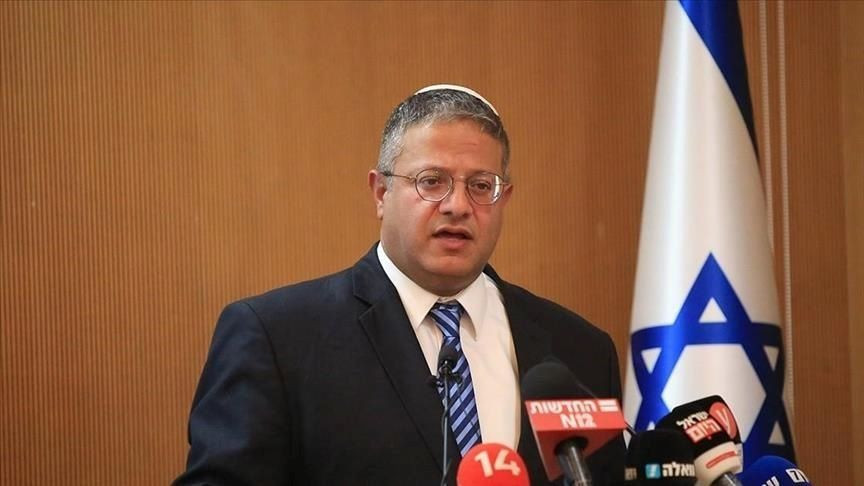Ben Gvir Opposes Gaza Ceasefire Deal
The potential resignation of Israeli National Security Minister Itamar Ben-Gvir over the Gaza ceasefire deal could lead to a government crisis, with significant implications for the conflict in Gaza and the Israeli government's stability. The deal's fate hangs in the balance, as the government navigates internal opposition and international scrutiny.

Israeli National Security Minister Itamar Ben-Gvir has expressed deep concern over the prisoner exchange and ceasefire agreement in Gaza with the Palestinian group Hamas, sparking a potential crisis within the government. Ben-Gvir's opposition to the deal could jeopardize its passing and lead to a significant challenge for the Israeli government.
The agreement, approved by the Security Cabinet on Friday, includes the release of 33 Israeli detainees in exchange for hundreds of Palestinian prisoners. However, Ben-Gvir, who voted against the deal, warned that he may quit the government if it is passed, calling on his allies in the Likud Party and Religious Zionism Party to oppose it. This move has significant implications, as Ben-Gvir's involvement in the negotiations is seen as crucial, and his resignation would pose a challenge for the government.
The conflict in Gaza has resulted in significant human suffering, with some 46,800 Palestinians, mostly women and children, killed and over 110,000 injured in Israel's war on Gaza since October 2023. The International Criminal Court has also issued arrest warrants for Israeli Prime Minister Benjamin Netanyahu and former Defense Minister Yoav Gallant for war crimes and crimes against humanity. The potential resignation of Ben-Gvir and other ministers, such as Yitzhak Wasserlauf, who announced that he will resign from the government if the Cabinet approves the agreement, could further complicate the situation.
As the situation unfolds, former Israeli government adviser and peace negotiator Daniel Levy discusses the potential implications of Ben-Gvir's threat and its effects on the Israeli government. The outcome of this crisis will have significant consequences for the future of the Israeli government and the conflict in Gaza, with the international community closely watching the developments.